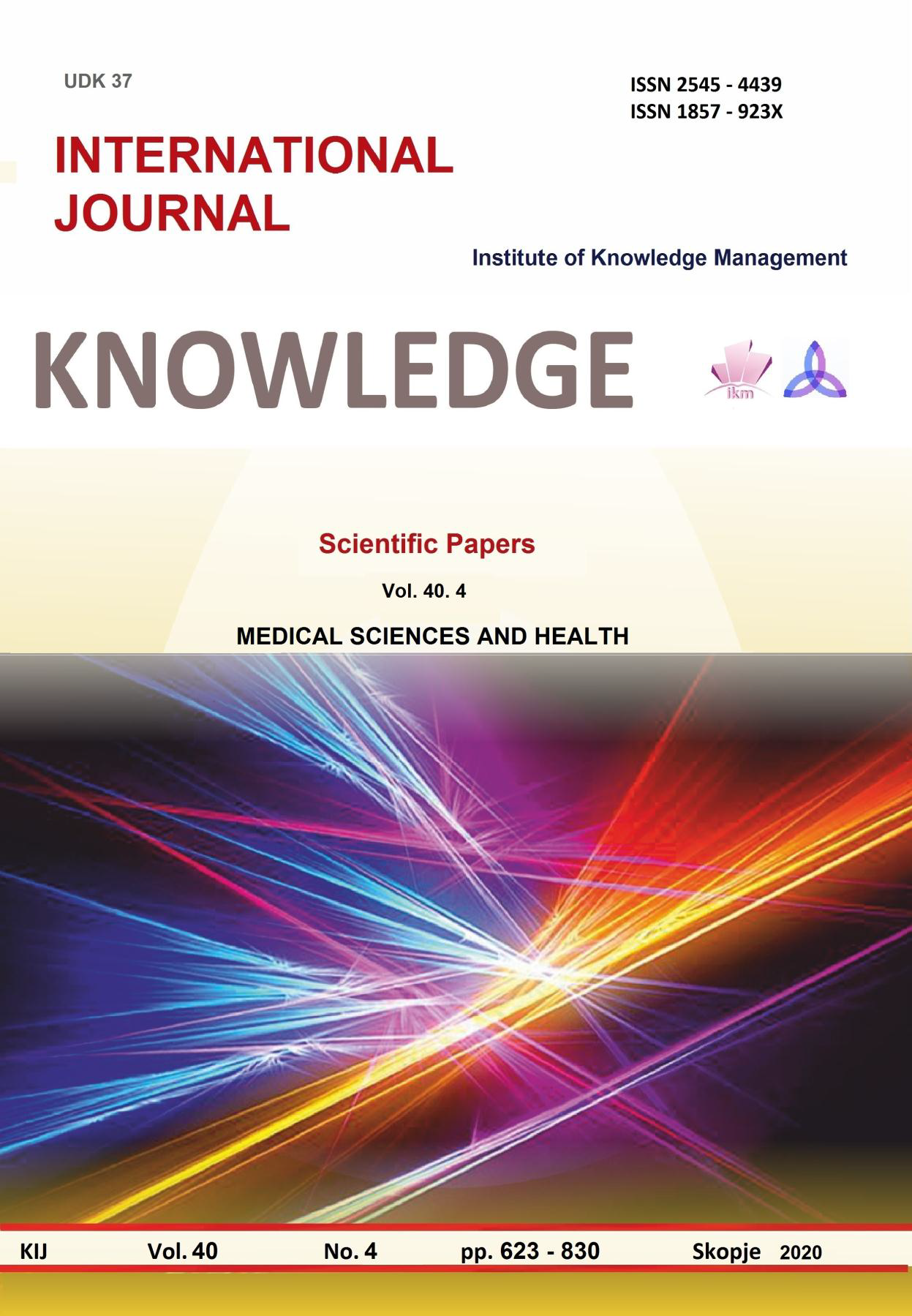A STUDY OF PUBLIC ATTITUDES TOWARDS THE APPLICATION OF TELEMEDICINE AMONG PATIENTS IN BULGARIA
A STUDY OF PUBLIC ATTITUDES TOWARDS THE APPLICATION OF TELEMEDICINE AMONG PATIENTS IN BULGARIA
Author(s): Kristina Kilova, Stanka UzunovaSubject(s): Social Sciences
Published by: Scientific Institute of Management and Knowledge
Keywords: telemedicine; remote access; health services; health care;healthcare.;
Summary/Abstract: Telemedicine has great potential to improve clinical management and healthcare delivery worldwide by improving access, quality, effectiveness and economic efficiency. In the current situation, telemedicine appears to be a sustainable and effective solution in the implementation of precautions, prevention and treatment in order to discontinue the spreading of the coronavirus infection (COVID-19).The mainaim of this study is to examine public attitudes towards the use of distance medical services in Bulgaria.Material and methods.108 patients were interviewed, of which 63 were women (58.3%) and 45 were men (41.7%). The average age was 43.95 ± 1.07. The survey was conducted in August 2019. We used our own toolkit –a questionnaire containing questions related to information about telemedicine services.Statistical processing of the data was performed using the software product SPSS v.17. Descriptive statistics, Student t-test and χ2test were used. MS Excel 2010was used for graphical presentation of the results.Results.The analysis of the answers shows that in the main part the potential users have a positive attitude towards the use of telemedicine services (71.3%, n = 77). Half of the respondents (43.4%) do not agree to consult a doctor they do not know by phone or computer. The level of education was found to influence the responses received (χ2=26.740; P <0.05). Lower educated respondents are more likely to trust an unknown healthcare professional. More than half (56.5%) of the patients believe that telemedicine services should have a lower cost than a standard medical examination. A statistically significant difference was found in the analysis of theanswers. Respondents with lower educational level believe that distance medical services should have a lower price than the standard examination (χ2= 23.073; P <0.05). To a greater extent (64.8%, n = 70), patients feel that health funds should pay for this type of activity and are unwilling to pay.A statistically significant difference was found in the answers to the question about the concerns about the use of distance medical services (χ2=17.261; P<0.05). Respondents with higher educational level are more concerned about the misuse of personal information. The statistical analysis also showed that people living outside Bulgaria are more concerned about the moral and ethical aspect of the service offered (χ2=14.461; P<0.05).Conclusion.The telemedicine consultation service for a health problem encountered was well received by the respondents. The implementation of telemedicine services would increase the satisfaction of patients –it saves time, you do not have to go and wait in front of a doctor's office. It is especially important for people with chronic diseases and those who live in small and remote settlements. Telemedicine is essential during the COVID-19 pandemic to guarantee that patients have access to medical care.
Journal: Knowledge - International Journal
- Issue Year: 40/2020
- Issue No: 4
- Page Range: 773 - 780
- Page Count: 8
- Language: English

